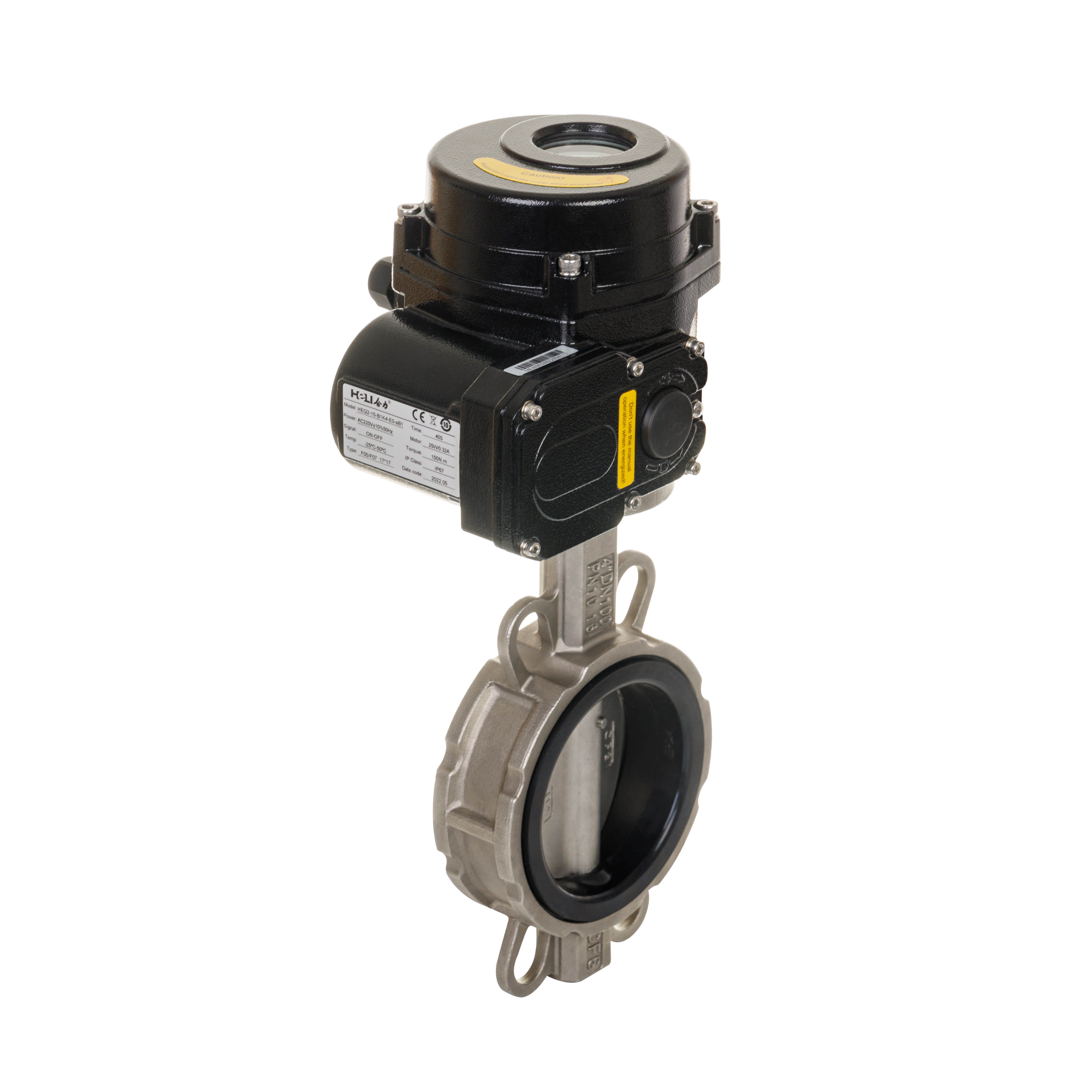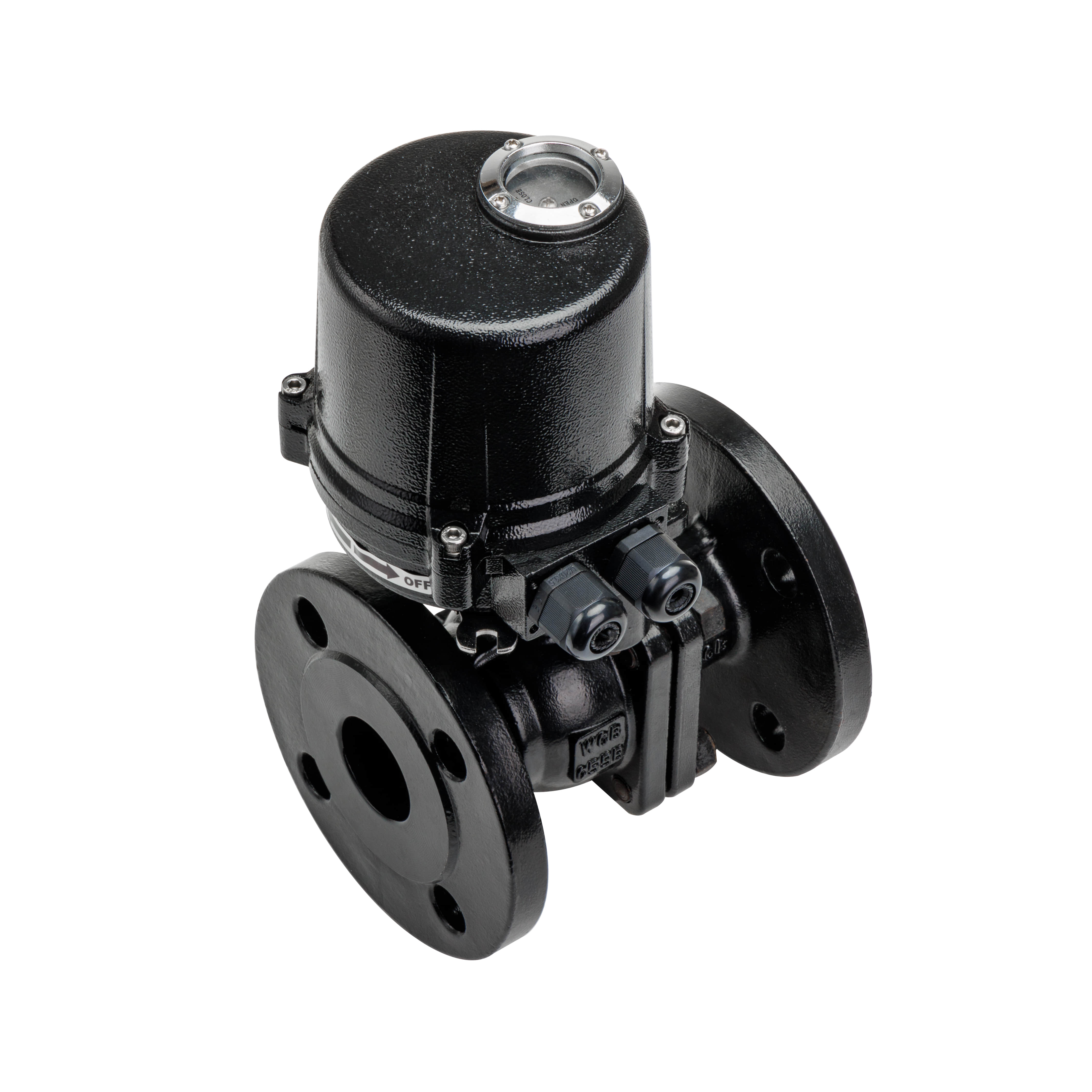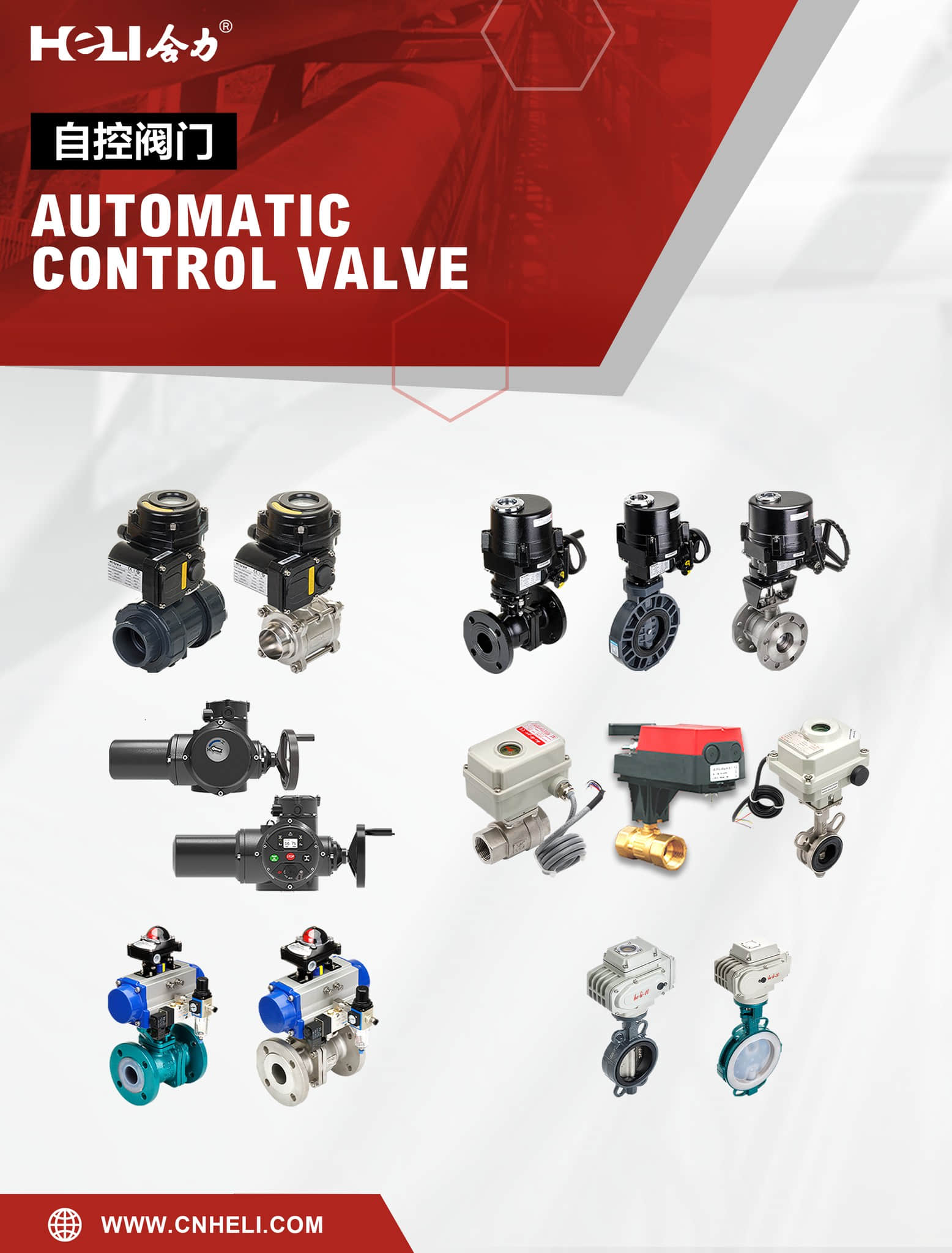
Electric valves are essential components in various industrial applications, providing automated control over fluid flow. These valves utilize electric actuators to open or close the valve mechanism, allowing for precise regulation of flow rates and pressure. In this article, we will delve into the workings, types, advantages, and applications of electric valves, highlighting their ultimate role in modern automation systems.

At their core, electric valves operate by converting electrical energy into mechanical motion. An electric actuator, often controlled by a switch or a programmable logic controller (PLC), drives the valve open or closed. This mechanism eliminates the need for manual operation, significantly improving efficiency and safety in processes where fluid management is critical. The integration of electric valves into automated systems has revolutionized industries such as water treatment, oil and gas, and chemical processing.

